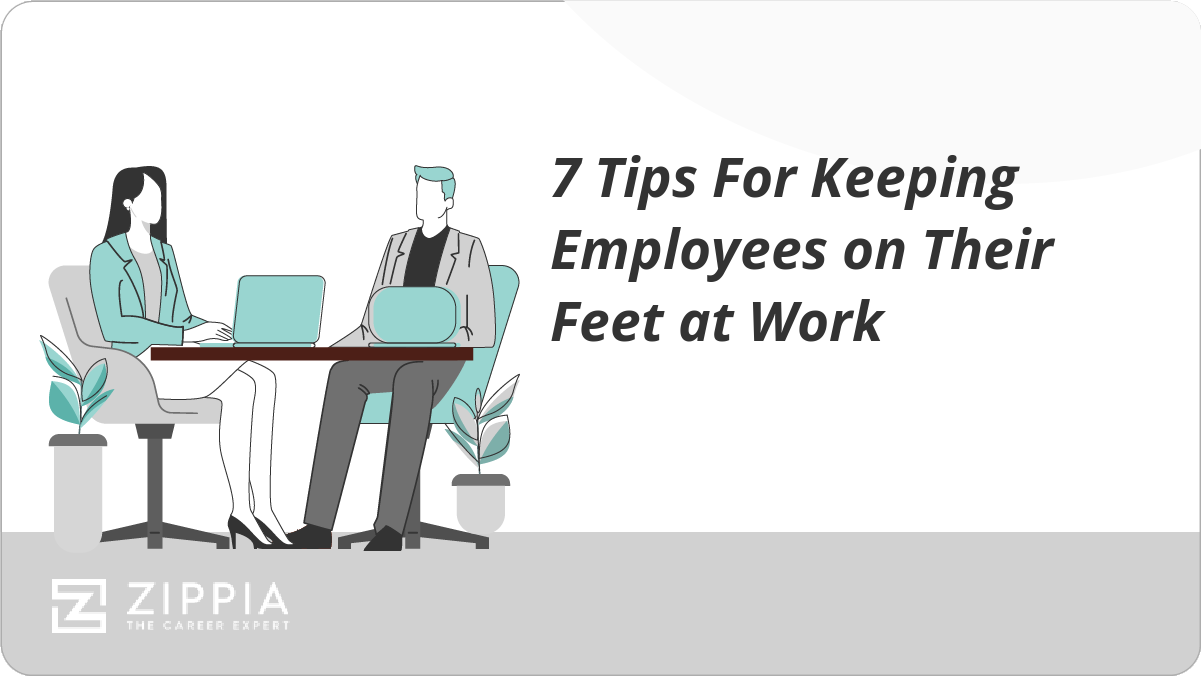I am often confronted by business owners and managers who are at their wits end in terms of understanding and knowing what steps they should be taking to manage their staff in the workplace. I sometimes think if people were robots, then we’d have no trouble and in some respects management wouldn’t need to exist. Unfortunately (or fortunately depending on your perspective) people aren’t robots and we must be able to effectively manage issues as they arise at work.
Below are the 5 of the most common HR mistakes I see business owners making and some suggestions on how you can avoid them.
1. Not meeting regularly with the staff
Most businesses take a philosophy of meeting once a year with their staff. The meeting usually involves some basic feedback and their annual salary review.
It may be half an hour or an hour and a few pats on the back to say “thanks for all your help” and “we love your work, keep it up”. We might delve into, “So, where do you see yourself in 2- 5 years?” There may even be a small discussion of things the staff member can work on going forward.
That’s a lot to cram into in an hour!
In some respects if you truly value your staff, why wouldn’t you have these discussions more regularly throughout the year?
From a HR perspective, the best appraisals occur throughout the year and not just once a year.
Take the opportunity to meet more often (dare I even say monthly!) to improve efficiency, morale, engagement and 2-way feedback.
2. Allowing lateness to become part of the norm
We all know the saying, ‘from little things big things grow’. Well lateness is one of those.
Staff members will always try to push the boundaries. As the business owner, it is important to nip this in the bud early. Set your expectations from the beginning in terms of your office working hours and when people can take breaks at work.
Of course unavoidable lateness occurs from time to time but where it is becoming regular, then take the opportunity to reinforce what is expected of the individual team member.
Lay the ground rules early. It’s far easier to correct a behaviour getting out of hand sooner rather than later. All too often the staff member will say, “but you haven’t said anything for 3 months so why is it a problem for you now?” The same can be said for returning late from scheduled breaks. As the pattern of repeatedly returning late from a lunch break occurs, be sure to have a quick word and correct the behaviour immediately.
“Correct early and praise often” is a good management paradigm.
3. Lack of adequate candidate screening for interviews
A friend of mine recently told me that for the role he was recruiting for the candidates had to have 2 specific capabilities and without those capabilities they would not even be considered for the role.
His PA organised the interviews for the shortlisted candidates and within the first 5 minutes he realised the candidate didn’t have the capabilities required. However, being a nice guy, he stayed in the interview for half an hour.
Later that day his phone call to me was a rant that he had wasted so much time speaking to people that he thought were ok, but weren’t. My advice was to telephone screen initially with some set questions for his PA to ask otherwise he would go through the same thing over and over again.
4. Not acting quickly enough around bullying and harassment
I am often asked to investigate bullying and harassment complaints or grievances in the workplace.
A complaint is made and the manager or person in charge of the complaint sits on it. One week then becomes two before they decide to start an investigation.
Why did they wait? Did they think the behaviour would now stop or did they hope it would go away, or worse, that they had too much work on to address the issue immediately?
Where specific complaints of this nature are raised, DON’T WAIT. As an employer you have a duty of care to prevent behaviour that causes a risk to the health and safety of everyone in your workplace. By waiting you may be allowing this risk to continue.
This is also of particular importance especially if the complaint leads to a termination and more risk is presented for the organisation by having waited to act on the complaint in a timely manner.
5. Not having sufficient policies and procedures in place
I remember at school we had to know the school rules – what was in and what was out.
Well, similarly the best workplaces have a similar structure in place.
The best way to do this is through a comprehensive set of policies and procedures. For the business owner it is worth investing in setting out a clear staff handbook for all employees to know understand the way things are done in your workplace. It also helps to bring staff into line when they veer from the road because you have a document you can point to.
Nick Hedges is the founder of Resolve HR, a Sydney-based HR consultancy specialising in providing workplace advice to managers and business owners.





